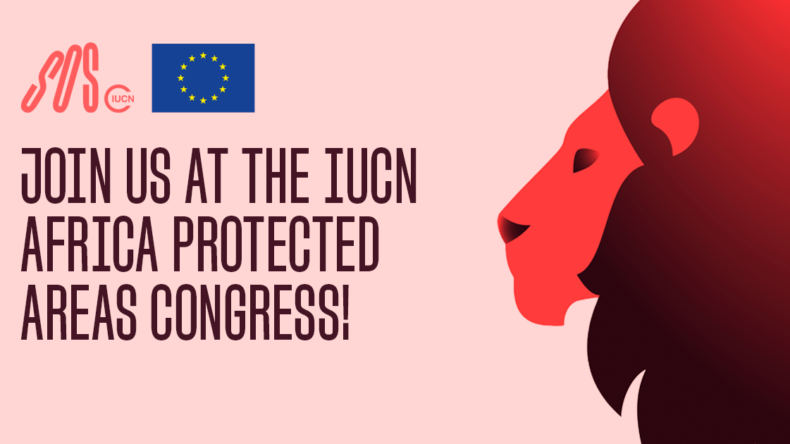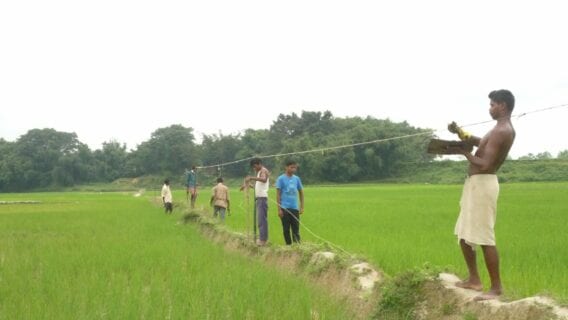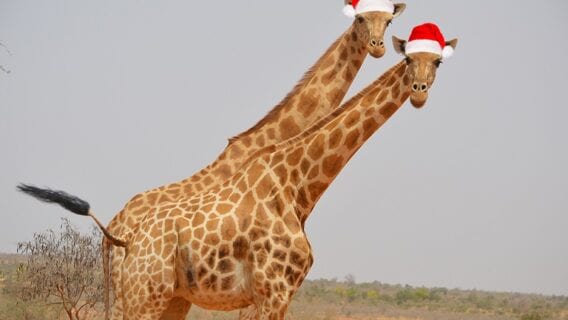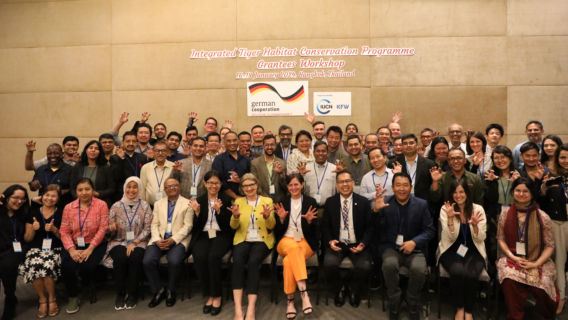IUCN Save Our Species is going to APAC

Reconciling conservation and sustainable development: lessons from IUCN Save Our Species
July 20th 2022, APAC
Room AD4
10:30 AM – 12:00 PM
Our speakers will share their unique experience from some of our funded projects in Africa. The European Union’s Directorate of International Partnerships will also share insights on the role donors play in biodiversity conservation.
The session will aim to demonstrate how we contribute to sustainable and resilient local economies through our projects. Other speakers will discuss gender and youth engagement and explore the positive impact the COVID-19 emergency funding has had on human-wildlife conflict. Also, we will provide an overview of the IUCN Save Our Species Programme, the lessons learnt and the perspectives for the future.
Stay tuned for updates!
Speakers:
- Ana Nieto, IUCN Save Our Species
Welcome and introduction - Anne Mugo, IUCN Save Our Species
Introduction - Pablo Villanueva-Hullebroeck, European Commission Directorate General International Partnerships
Donor Perspectives on the role of biodiversity conservation in the sustainable development agenda - Prof Inza Kone, Centre Suisse de Recherches Scientifiques en Côte d’Ivoire (CSRS)
Hilary Hilsabeck, Dian Fossey Fund, Rwanda
A demonstration of organisational and societal changes and their contribution to sustainable and resilient local economies
- Thandiwe Mweetwa, Zambia Carnivore Programme, Zambia
Samna AbdoulKarimou, Contribution à la Gestion des Zones Humides (COGEZOH), Niger
Gender and youth engagement in conservation enterprise and livelihood initiatives
- Samuel Okulony, Environmental Governance Institute (EGI), Uganda
Alais Ole Morindat, Tanzania People and Wildlife, Tanzania
The impact of COVID support funding on human wildlife conflict as an underlying driver of biodiversity loss
- Dr. Gladys Kalema-Zikusoka, Conservation Through Public Health (CTPH)
Closing remarks




